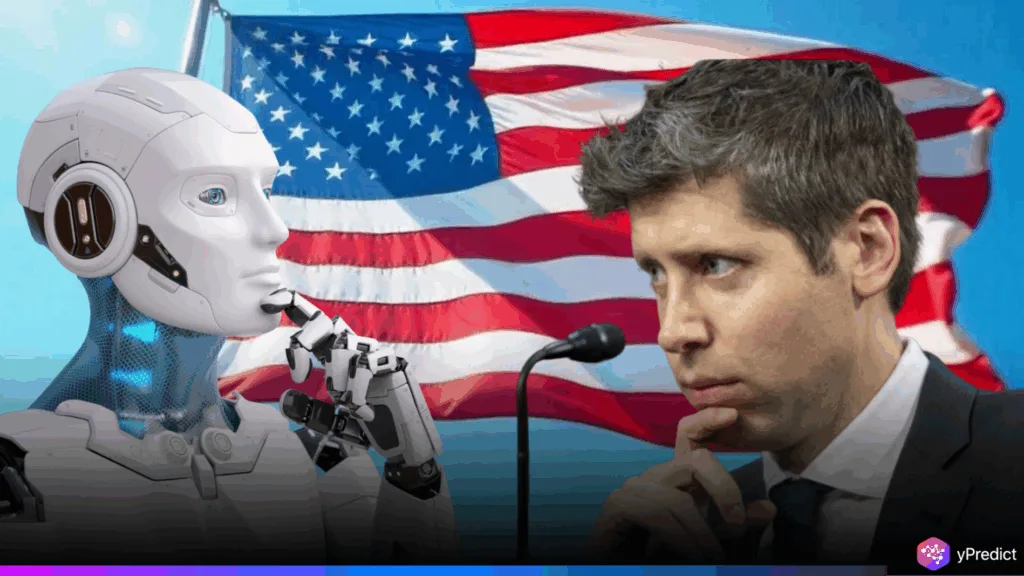
As debates over artificial intelligence (AI) regulation grow in the U.S., tech policy expert Adam Thierer appeared before Congress on May 21, 2025, to warn against heavy-handed legislation. Speaking at a House Subcommittee hearing titled “AI Regulation and the Future of U.S. Leadership,” Thierer urged lawmakers to avoid policies that could stifle innovation. He called for a national AI framework that supports innovation at the federal level while preventing a patchwork of conflicting state laws that could create unnecessary barriers for developers and businesses.
The Regulatory Squeeze: EU & State Overreach Threaten Innovation
Thierer’s central argument is that AI innovators in the U.S. are being squeezed between two forces: the “Brussels Effect” of heavy-handed European regulation and the “Sacramento Effect” of overbearing state mandates.
Such a fragmented landscape, Thierer warned, is a “sure-fire recipe for destroying a technological revolution.” He highlighted that more than 1,000 AI-related bills have already been introduced in the U.S. in just the first five months of 2025, many of which conflict with each other and introduce vague or contradictory definitions.
Let Innovation Lead with a Federal AI Moratorium
Thierer urged lawmakers to use the United States’ innovation model, which allowed the U.S. to dominate the Internet and digital economy in the 1990s, and 2000s. He highlighted the parallel experience with the Internet Tax Freedom Act of 1998, which exempted e-commerce from fragmented state taxation, leading to explosive growth.
He suggested maintaining a federal moratorium on new state and local regulations specific to AI, allowing the technology to evolve, and not allowing local bureaucracies to stifle interstate algorithmic commerce.
Bi-Partisan Concern Over AI Regulation Patchwork
Interestingly, Thierer’s position aligns with several Democratic governors and attorneys general, including California Governor Gavin Newsom and Colorado Governor Jared Polis, who have also voiced concern about premature or conflicting AI regulation.
Thierer noted that Governor Newsom vetoed a major AI bill in 2024, citing overreach by the state’s privacy regulators. Similarly, Governor Polis requested a special legislative session to reconsider Colorado’s AI law and publicly supported federal preemption via a national AI policy.
US Leadership Depends on Balanced AI Regulation
Thierer’s message is clear: regulating too early or too heavily could forfeit U.S. leadership in AI to global rivals like China. Instead of copying Europe’s top-down approach, Congress must pursue a federal AI policy that avoids regulatory overkill and promotes a unified innovation ecosystem.
An AI moratorium could protect small innovators, reduce legal confusion, and solidify the United States’ position as the world leader in AI development.






